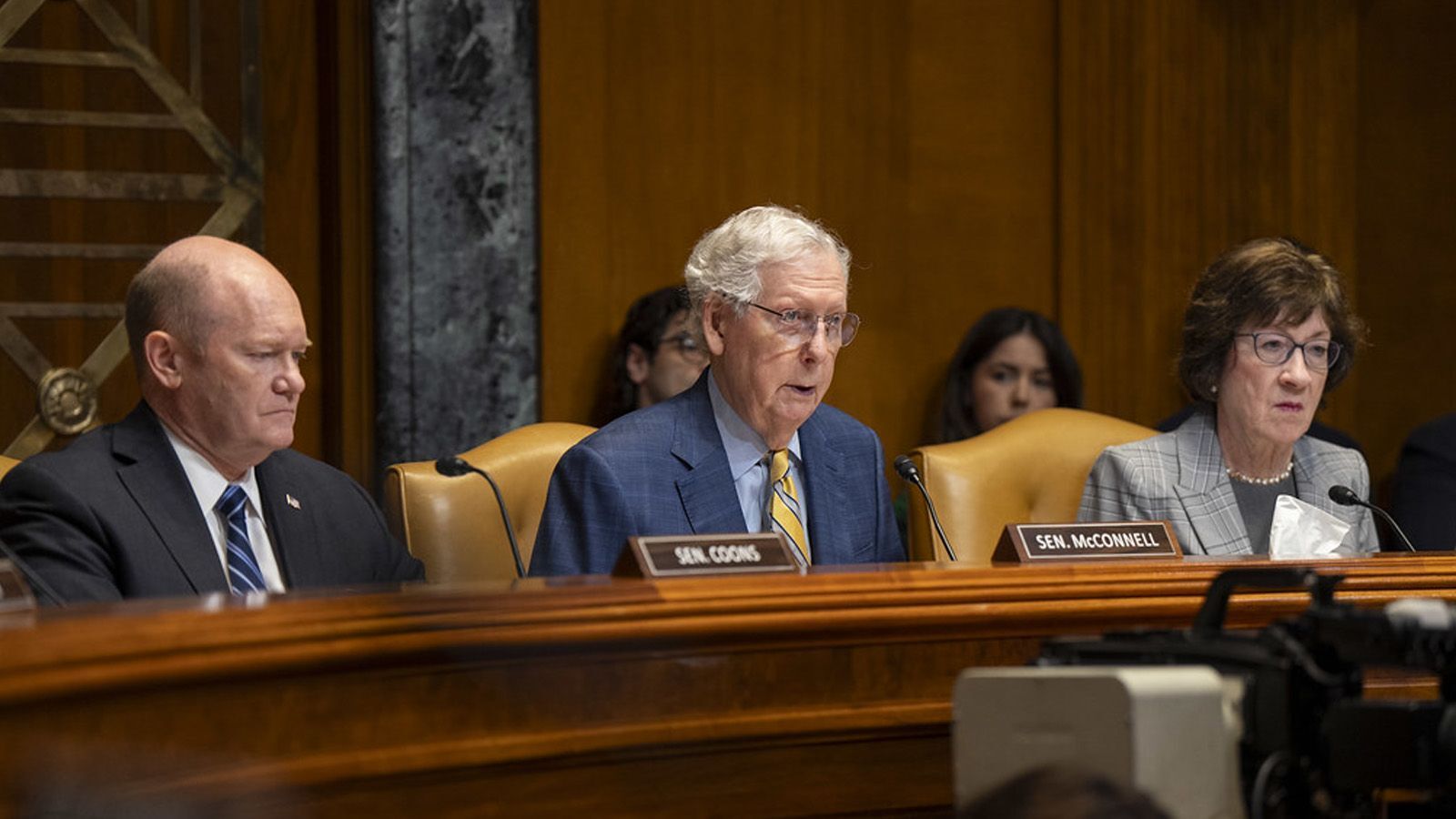
Senate Votes to Block Global Tariffs

Resolution Passed
The Senate voted to nullify President Trump's global tariffs, marking the third time this week that lawmakers moved to terminate national emergency declarations used to impose trade barriers.
Context
Trump has imposed tariffs on numerous trading partners by declaring national emergencies, including levies on Canada, Brazil, and over 100 other countries through his "reciprocal" tariff policy. He cited the flow of fentanyl and illegal drugs as justification for the Canadian tariffs, though less than 1% of fentanyl seized by US Customs this year came from the northern border. The US-Canada economic relationship totaled over $900B in 2024, making it one of the largest globally.
Republican Opposition
On Wednesday, the Senate passed the resolution 51-47, with four Republican senators joining all Democrats in support. Republican Senators Susan Collins (ME), Mitch McConnell (KY), Lisa Murkowski (AK), and Rand Paul (KY) voted to overturn the tariffs, mirroring their votes earlier in the week on similar resolutions for both Brazil and global tariffs.
Senator Tim Kaine (D-VA), who pushed the resolutions, argued that higher prices from tariffs would eventually force Republicans to break with Trump. “It will become untenable for them to just close their eyes and say, ‘I'm signing up for whatever the president wants to do,’” Kaine told reporters.
Unlikely to Pass House
The measure faces significant obstacles to becoming law. House Republicans passed new rules in March with extensions in April and September, preventing such resolutions from reaching the floor for a vote. The restrictions currently last through March 2026.
Normally, lawmakers can force a vote within 15 days to terminate a national emergency declaration, but the new rules block this fast-track process and require any such legislation to go through House leadership for approval. Trump could also veto the legislation even if it cleared both chambers of Congress. The resolutions require a two-thirds majority in both chambers to override a presidential veto.
Supreme Court Case
Last month, the Supreme Court agreed to hear challenges to Trump's tariff authority on an expedited schedule, with arguments expected in early November and a ruling potentially coming before year's end.
Multiple lower courts have ruled that Trump exceeded his legal authority under the International Emergency Economic Powers Act. The Treasury Department warned that rolling back tariffs could require unwinding trade deals already made with countries, including the European Union, Indonesia, and Japan, though some economists suggested removing tariffs could boost economic growth by reducing uncertainty.



